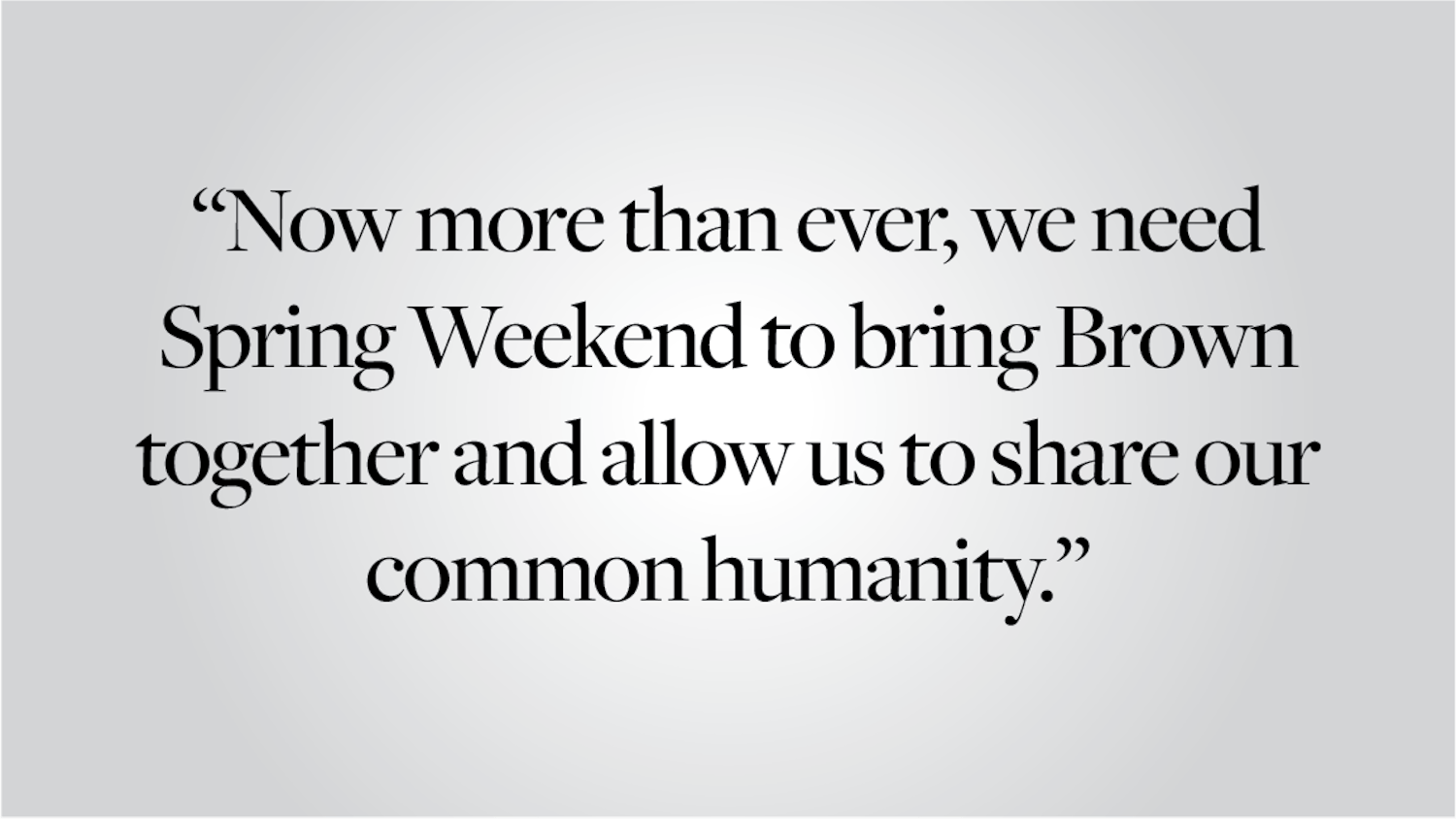Columnists for major news organizations, like the New York Times, criticize President Donald Trump formulaically: They combine critique of his latest policy decisions with creative personal attacks — many of which are pointed and often amusing. New York Times columnist Charles Blow called Trump a “compulsively lying bigot,” for example and “a paragon of the clueless.” New Yorker staff writer Steve Coll called him “Digital Age Mussolini Lite.” And New York Times’ Gail Collins chose “Pence’s Poodle.”
While entertaining, this approach is not as impactful as it could be. Every day, a fresh crop of insults appears in major newspapers’ opinion sections, blogs and social media. But overexposure makes readers immune to their impact. There’s nothing left to say. Trump’s hair, hands, clothes, words, past, ideas, thoughts and decisions have all been insulted exhaustively. Dozens of insults follow his every tweet. They have lost their purchase.
Columnists rely too much on these insults. While many of their columns provide insightful and valuable arguments, the power of their message is often lost in the personal attacks that these writers can’t help but include. They need to do a better job.
By steering away from their argument and toward repetitive personal commentary, columnists are not exercising the full potential of their substantial influence. A 1995 New York Times article claimed that columnist James Reston had the political influence of three senators. Columnists are in a unique position to illuminate Trump’s character because they can veer from the objective, news-focused stance of reporters. Additionally, they have a chance to engage with an audience open to serious reflection in a way that, for example, Saturday Night Live’s audience is not. SNL and Alec Baldwin have done an exceptional job of making us laugh at Trump, but columnists should do more than just make us laugh. Nor should they just make us angry. Rather, columnists should find creative ways to elicit unexpected emotions.
If readers feel angry after reading every column about Trump, they’re not thinking or feeling anything new. They are simply repeating the same pattern. There’s no space for reflection, new ideas or imagination. Four years of reading anger-inducing columns every morning would not just be painful — it would be unproductive. Columnists should instead challenge readers to feel counterintuitive or surprising emotions about Trump — pity, for example. Trump is a kind of tragic character, after all. He is a bastion of a dying generation, making a last-ditch effort to hold on to his puerile beliefs in a world that is poised to leave everything he stands for behind. His brazen displays of political power only belie his weak character. A new and effective angle could draw out this tension by allowing readers to feel angry about Trump’s policies but simultaneously pity his weaknesses. Readers would then be forced to engage with and reflect on Trump in a different way. Many are already moved to action without considering Trump in a new light, but by broadening the ways we consider our president and his flaws, columnists can spur a wider audience to active reflection.
This tactic also has the potential for political disruption. Trump’s aides have said that he does not want his administration to appear weak. SNL has begun to successfully exploit that insecurity, and Trump has responded vehemently. Columnists should follow SNL’s lead, but with a more somber depiction of Trump’s weakness that invokes pity, not laughter. If they successfully incite Trump to respond, he will undermine himself.
One might argue that columnists’ should aim to keep readers angry. Anger makes people protest. And anger is justified, given Trump’s egregious decisions in office.
It could be said that it is dangerous to let people forget their anger, even for a day, because it runs the risk of permitting complacency. But readers of these columns, including most of the Brown community, already realize that they have reason to be angry. They won’t forget, and they don’t need to be reminded every day.
Instead, what they need from columnists is space for reflection. Insults and anger preclude reflection, and it is reflection that allows readers to more critically consider their relationship to Trump, rather than defaulting to anger. Though it is effective for SNL to make us laugh, it is ineffective for columns to only incite anger and in turn obscure the important reflection they have the power to catalyze.
Benjamin Smith GS can be reached at benjamin_smith@brown.edu. Please send responses to this opinion to letters@browndailyherald.com and other op-eds to opinions@browndailyherald.com.




